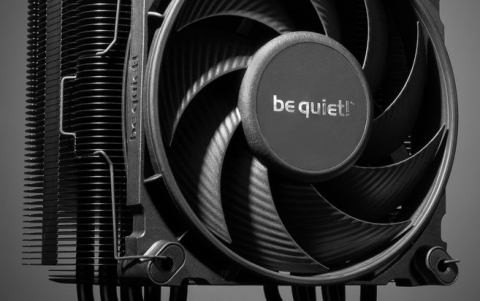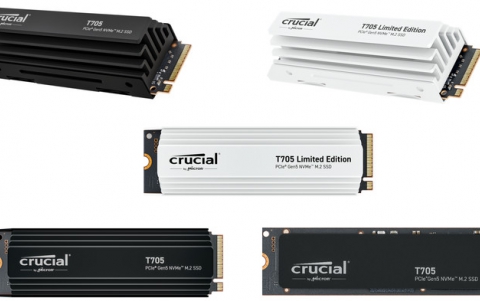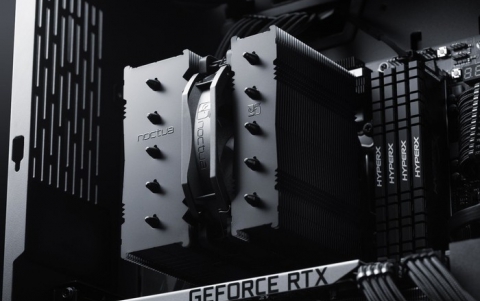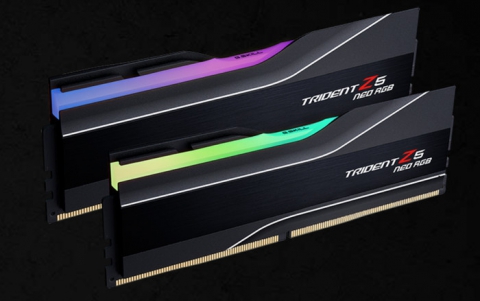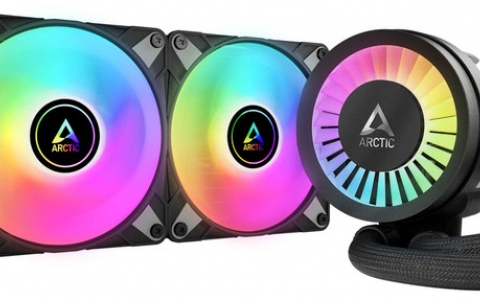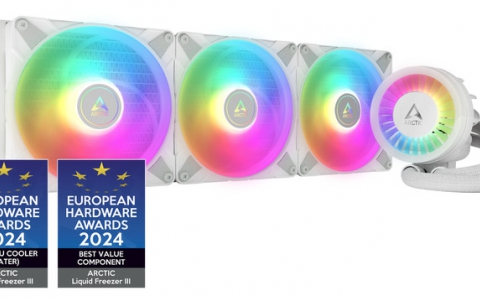
Modified game consoles to bridge digital divide
People in developing nations could soon be using modified Linux game consoles equipped with satellite links to help them learn about vital health issues.
The project, sponsored by Western and Asian business leaders working through the World Economic Forum (WEF), aims to narrow the so-called digital divide.
"With all the businesses of the world together we can link all of the poor countries, the schools, hospitals and health clinics of the poor countries and get them all on the Net. That helps enormously, for example, in sending information about AIDS," said John Gage, one of the founders of a WEF committee on the digital divide in an interview at the WEF European Economic Summit here.
Developing nations have said they need IT as much as they need, for example, clean water, according to Gage, chief researcher at Sun Microsystems Inc. The ICT (information and communication technology) governors of the WEF, representing about 70 technology companies, drive the project. The committee members include Cisco Systems Inc.'s John Chambers, 3Com Corp.'s Eric Benhamou and Hewlett-Packard Co.'s Carly Fiorina.
The ideal device for the project would be Sony Corp.'s PlayStation console, according to Gage. The console already supports Linux and Sun's Java programming language. In addition, a hard disk can be connected to the device using the IEEE1394 fire wire port.
"The PlayStation, $300 with a DVD-player and it runs Linux and Java, it's huge. Why would you ever put a PC someplace? It breaks all the time. You would spend more time fixing it than teaching (how to use it)," said Gage. "These things (the PlayStation consoles) are designed for 12-year-olds and are really powerful."
The hard disk drive attached to the box will store the content, which should be audio and video as many poor people are illiterate.
"I can plug in a 80 gigabyte disk and store 16 hours of video on it or up to 500 hours of audio. Now we attach it to a free satellite, slow, trickle charge. We can put anything on the disk you want to know about clean water, latrines and do it in whatever language," Gage said.
Several options to connect the modified consoles to the Internet are being considered by Gage and his peers. There is a plan to use satellites from financially troubled Globalstar Telecommunications Ltd., but it has yet to be discussed with Globalstar, he said.
"We will use anything that can carry IP packets to get to the poor countries. You can modulate the radio and TV frequencies, use telephone lines or have packets come down via satellite. The Globalstar idea is the result of a conversation in the last week. We're trying to establish the technical feasibility. Can we do all this? The answer is yes. But then, the devil is in the details," he said. One problem is power, but if the project is started not with the poorest of the poorest, at least some people can be reached, Gage said.
"The people that make above a dollar a day, under three dollars a day, generally have some electricity. They've got television sets that run on car batteries, or they will have a little generator. Everywhere there is a flicker of a TV screen is a target for putting one of these PlayStation things hooked to a satellite," Gage said.
"With all the businesses of the world together we can link all of the poor countries, the schools, hospitals and health clinics of the poor countries and get them all on the Net. That helps enormously, for example, in sending information about AIDS," said John Gage, one of the founders of a WEF committee on the digital divide in an interview at the WEF European Economic Summit here.
Developing nations have said they need IT as much as they need, for example, clean water, according to Gage, chief researcher at Sun Microsystems Inc. The ICT (information and communication technology) governors of the WEF, representing about 70 technology companies, drive the project. The committee members include Cisco Systems Inc.'s John Chambers, 3Com Corp.'s Eric Benhamou and Hewlett-Packard Co.'s Carly Fiorina.
The ideal device for the project would be Sony Corp.'s PlayStation console, according to Gage. The console already supports Linux and Sun's Java programming language. In addition, a hard disk can be connected to the device using the IEEE1394 fire wire port.
"The PlayStation, $300 with a DVD-player and it runs Linux and Java, it's huge. Why would you ever put a PC someplace? It breaks all the time. You would spend more time fixing it than teaching (how to use it)," said Gage. "These things (the PlayStation consoles) are designed for 12-year-olds and are really powerful."
The hard disk drive attached to the box will store the content, which should be audio and video as many poor people are illiterate.
"I can plug in a 80 gigabyte disk and store 16 hours of video on it or up to 500 hours of audio. Now we attach it to a free satellite, slow, trickle charge. We can put anything on the disk you want to know about clean water, latrines and do it in whatever language," Gage said.
Several options to connect the modified consoles to the Internet are being considered by Gage and his peers. There is a plan to use satellites from financially troubled Globalstar Telecommunications Ltd., but it has yet to be discussed with Globalstar, he said.
"We will use anything that can carry IP packets to get to the poor countries. You can modulate the radio and TV frequencies, use telephone lines or have packets come down via satellite. The Globalstar idea is the result of a conversation in the last week. We're trying to establish the technical feasibility. Can we do all this? The answer is yes. But then, the devil is in the details," he said. One problem is power, but if the project is started not with the poorest of the poorest, at least some people can be reached, Gage said.
"The people that make above a dollar a day, under three dollars a day, generally have some electricity. They've got television sets that run on car batteries, or they will have a little generator. Everywhere there is a flicker of a TV screen is a target for putting one of these PlayStation things hooked to a satellite," Gage said.














